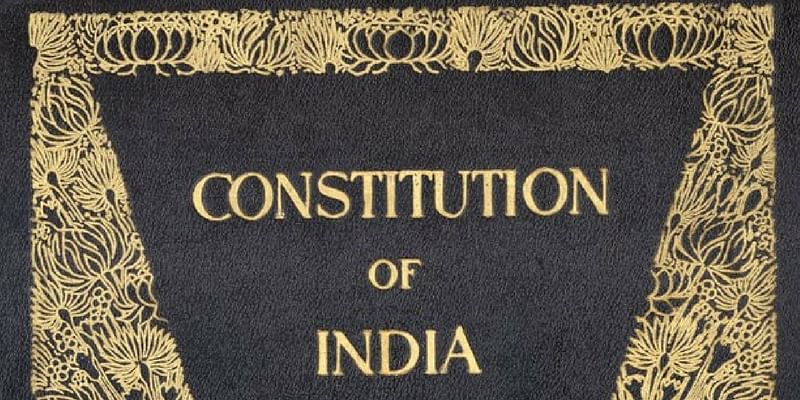Given an overall framework that ensures the Rule of Law, the greater individual and personal freedom is under the law and administrative practice, the faster the economy will grow.
The country has to be grateful that the Supreme Court of India has not gone in the backward looking direction of the US Supreme Court. The latter threw out Roe v Wade, the landmark judgment that fifty years ago ensured a woman’s right to choose. Instead, the Court, while dealing a death blow to Roe v Wade, transferred authority to the states of the US. Should such centripetal thinking operate in more such monumental verdicts of the US Supreme Court, the consequences for societal stability in the US could be dire. The Roberts Court has placed emphasis on the US Constitution as it was effectuated in 1789, ignoring the fact that the country then was very different from what it now is. It is this apparently irresistible tendency of the US Supreme Court to look backwards while moving ahead that has brought public faith in that institution to a historic low. In contrast, overall the Supreme Court of India has looked ahead to the future, along the way doing away with more than a few colonial era laws that placed severe limits on individual freedoms. Before August 15, 1947, India was a British colony, its people subject not to the protection of a Constitution but to regulations designed by the colonial authorities that reduced to insignificance the rights of a citizen vis-à-vis those of the state. In 1950, the Constitution of India came into effect. In his wisdom, Prime Minister Jawaharlal Nehru declined to fashion new Criminal and Civil Procedure Codes so as to make the transition from enslavement to freedom complete. As ab consequence, there is a mismatch between the Constitution of India, designed as it is for a free people, and several of the laws and administrative practices of India, which remain for long much the same as what they were under British rule. Only with the coming to power by Narendra Modi in 2014 was such a dichotomy sought to be resolved through the elimination of colonial era laws that had been retained in free India. More than 40% of such laws have been repealed or modified since 2014, and more are slated for the same fate. Arbitrary and unchecked use of executive power is the path towards a totalitarian state, and given the universality and freedoms inherent in the ancient Indian theology of Sanatan Dharma, such a path would be entirely opposed to not just the interests of the people of India but to their culture as well. Given an overall framework that ensures the Rule of Law and the prevention of violence and other societally destructive actions, the greater individual and personal freedom is under the law and administrative practice, the faster the economy will grow.
Unfortunately, just as was the case with the British, the giving of freedom to a citizen of India was in effect regarded as unwise by successive governments. An example is the English language, the spread of which has assisted in enabling India and its people to excel in the knowledge economy. A language should not be imposed or outlawed by fiat, but by popular will. Despite his knowledge of the English language and attachment to aspects of English culture, Nehru made it almost impossible for the children of an economically weak citizen of India to study in English, a policy that muffled the growth potential that was (and remains) present in the Indian people. Government schools banished English, thereby giving a monopoly of that language to the middle and upper classes to the exclusion of the poor. Under Modi, this has changed. In UP for example, the teaching of English is being encouraged, because Chief Minister Adityanath understands the value of that language in ensuring that the young in UP get better equipped to move on to successful careers not just across India but across the world.
The majority within the US Supreme Court is anchored to the 17th century rather than to present-day effects of such a literal interpretation of Constitutional provisions. The Court has opened the floodgates even

